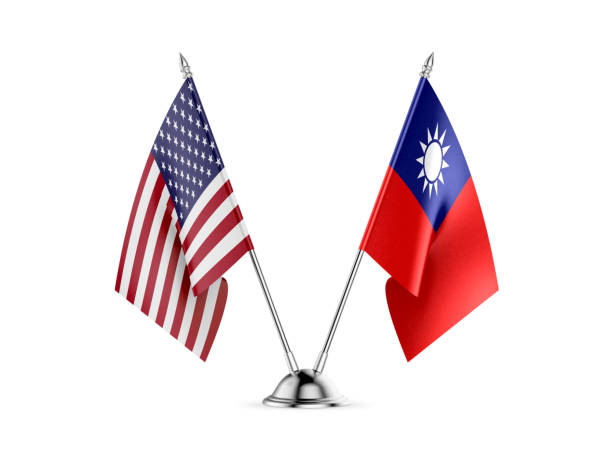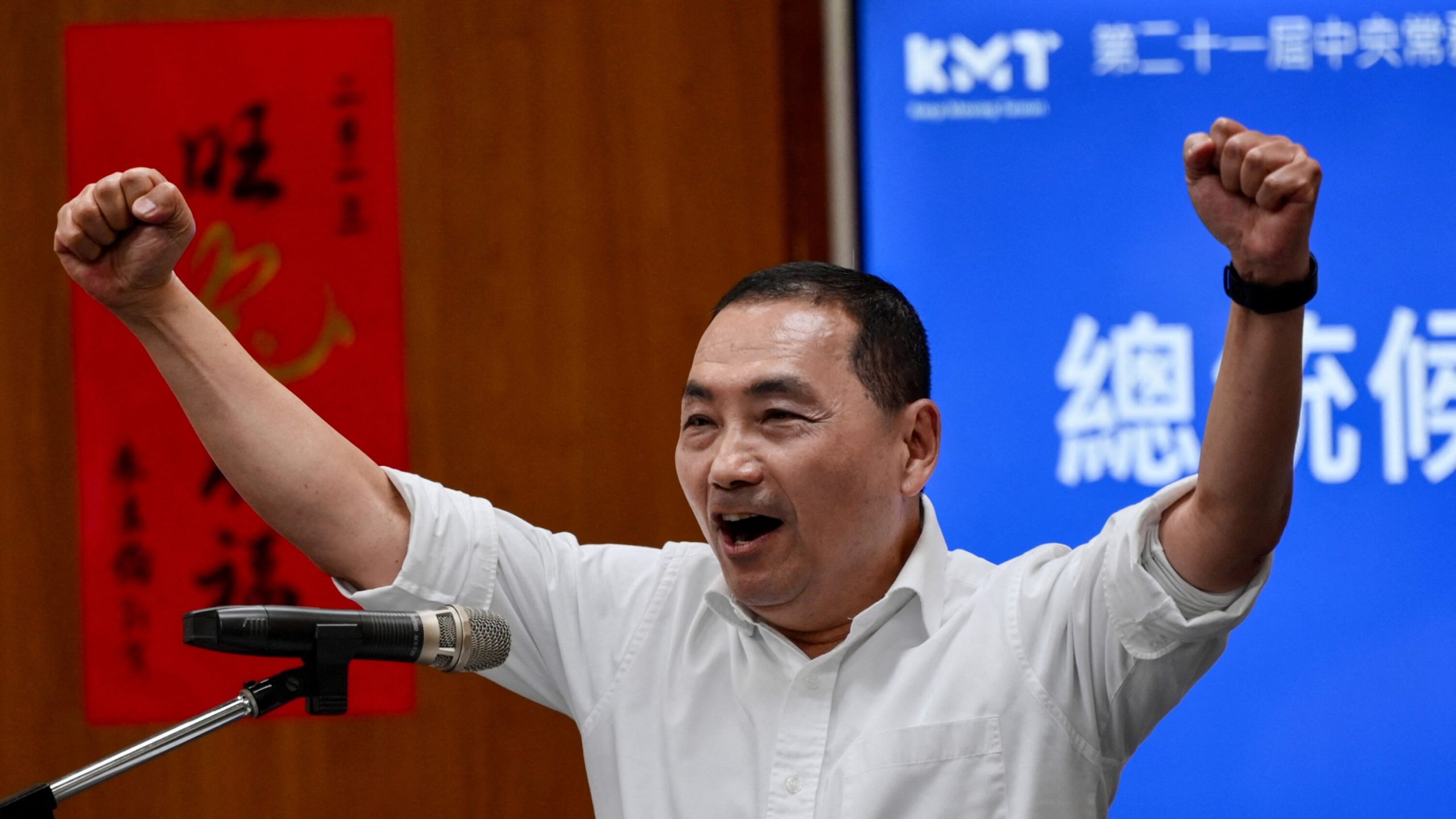The mayor of New Taipei City will visit the US in the coming month, according to the campaign office of Hou Yu-ih, the Kuomintang (KMT) candidate from the opposition party for Taiwan’s 2024 presidential election.

Taiwan and US
American authorities and specialists Hou Yu-ih encounters on his eight-day tour are expected to be very interested in his opinions on the island’s defense and security.
The chief of the de facto US embassy in Taipei, members of Congress, and specialists from think tanks will all be among the people the main opposition party candidate Hou Yu-ih for president of Taiwan meets with during his visit to Washington, his campaign office announced on Thursday.
In advance of the island’s highly charged election in January, Kuomintang candidate Hou Yu-ih will go to New York, San Francisco, and the US capital throughout an eight-day journey that starts on September 14.
According to Taiwanese news outlet CNA, the campaign office of Hou Yu-Ih stated that his visits were intended to boost continuous “substantive exchanges” and set the foundation for “deeper relations” between Taiwan and the US.
A request for comment on the visit of Hou Yu-ih was not immediately answered by the Chinese embassy in Washington. However, in the past, it has denounced official and semi-official Taiwanese delegation travel as perilous secession.
Before a presidential election, Taiwanese candidates including Hou Yu-ih frequently meet with US government representatives and members of Congress.
Such outreach can enhance politicians’ international credentials with domestic voters and is intended to assist Americans in understanding their views.
Read Also: As Attention Turns To Food Security And Quality, China’s Cotton Production Will Decline One Year After The US Banned It From Xinjiang
The visit follows William Lai Ching-te’s US stops, which irritated Beijing and caused military drills surrounding Taiwan. Lai Ching-te is the front-runner for the DPP.
The candidate for the ruling Democratic Progressive Party in Taiwan, William Lai Ching-te, visited the US twice earlier this month on his way to and from Paraguay.
Following the visit, Beijing denounced Lai as a “troublemaker,” charged that the United States was exploiting Taiwan to isolate China, and started military exercises in the area as a “severe warning to separatist forces.”
According to a survey conducted this week by the DPP-leaning Taiwan Public Opinion Foundation, Lai has an approval rating of 43.4%, compared to Hou’s of 13.6% and Ko Wen-je’s of 26.6% for the smaller Taiwan People’s Party. Lai is still in the lead despite lesser disparities between the contenders in other polls.
Industrialist Terry Gou, who is thinking about running for president himself, recently said that the DPP’s two opponents, Hou Yu-ih and Ko, might need to work together.
Hou Yu-ih, a less-known candidate in the US, is expected to support Taiwan’s democracy and values amid record-high tensions in the Taiwan Strait.
Beijing views Taiwan as a breakaway province, while Washington opposes unilateral changes. Washington supports Taiwan’s military defense, global health, crime prevention, and aviation, which Beijing opposes. US officials have not officially diplomatic relations with Taiwan, and it’s unclear how much support Hou Yu-Ih will find in Washington for his cross-strait policy.
Hou Yu-ih declared in July that he supported the 1992 consensus, which is a secret understanding that there is only “one China,” albeit the two sides could disagree on what that entails.
Read Also: The People’s Bank Of China Remains No Reaction And It Keeps Nervous Markets Guessing









